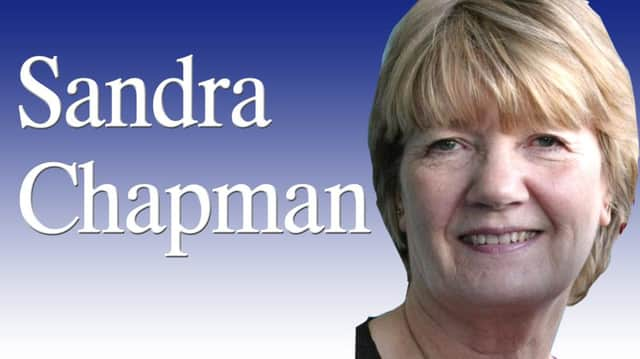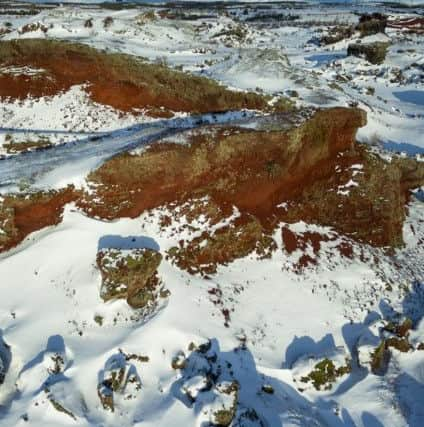Why our politicians have no time to waste


Is it global warming or do people forget how bad it was decades ago?
This month is the anniversary of the sinking of the car ferry Princess Victoria. She went down in a storm on January 31, 1953, on her route between Larne and Stranraer with the loss of 133 lives.
Advertisement
Hide AdAdvertisement
Hide AdThere had been freakish weather that year with the UK and parts of Europe regularly battered by strong winds. We didn’t know anything about global warming then. Powerful winds from the north Atlantic had blown up that month leaving deaths in the hundreds behind. Only 44 passengers and crew survived the sinking. Despite the best efforts of the lifeboat service 133 passengers drowned including Northern Ireland’s Finance Minister and Deputy Prime Minister Major JR Sinclair and the Ulster Unionist MP for north Down Sir Walter Smiles.


We can just imagine the shock if such a thing happened today and we lost two MLAs at a stroke.
Modern ferries are more capable of handling bad weather than they once were but maybe the idea of building a bridge between Northern Ireland and Scotland is not a bad idea. Unless, of course, it would have to be closed due to ‘high winds’.
Freakish winds are not unusual in Ireland which might indicate that global warming has been with us for longer than we imagine. There was the disastrous event on January 6, 1839, when a powerful wind-storm swept across Ireland from Europe causing hundreds of deaths. Forty-two ships were wrecked in that event and waves topped the mighty Cliffs of Moher. The wind was preceded by an ‘eerie silence’, wrote one scribe, and that is still often the case. One night this week I retired to bed in a complete calm. Not a branch was moving anywhere. By the middle of the night I was wide awake with the wind roaring furiously outside. It’s still going strong as I write. Not even the dog wants out.
Advertisement
Hide AdAdvertisement
Hide AdGlobal warming is an odd phrase and suggests we should be having much higher temperatures than we are. Yet it doesn’t work that way. When the earth’s atmosphere heats, even by a tiny fraction, it is said to push the jet stream further south. Experts can’t agree exactly on what is happening. They can see Artic ice melting but what is the real truth of how that affects us globally? Over the winter I have been reading The Complete Ice Age (How Climate Change Shaped the World) edited by Brian Fagan, which is a compilation of the work of four leading scientists. For example they tell of how, as the glaciers melted 10,000 years ago, our ancestors faced ‘a staggering sea-level rise of 120 metres (390 feet), far in excess of the relatively modest rise predicted for the 21st century that could yet be so calamitous. The writers warn of the future of the planet and the consequences ‘of our profligate lifestyles’. They say we must not underestimate the task ahead of us. We are, they say. ‘staring down the barrel of a gun with over 6 degree C (11F) warming by 2100. We will encounter major tipping points when significant climate change occurs very rapidly.


Are we going through one of those tipping points? Are all the floods, snow storms, unusually warm periods and the freakish winds a sign of things to come?
Despite the disastrous picture of the past, human and animal life survived but that future cannot be guaranteed unless we listen to the likes of Sir David Attenborough. In truth we don’t even know how the universe was created. Astronomer Royal Lord Rees, former president of the Royal Society, suggests that as far as that fundamental question is concerned, ‘we cannot do much better than St Augustine in the 5th Century’. Lord Rees suggests the sun will last another six billion years before engulfing the planets putting an end to life as we know it.
So maybe our politicians should get a move on this week and start governing. There is no time to waste.